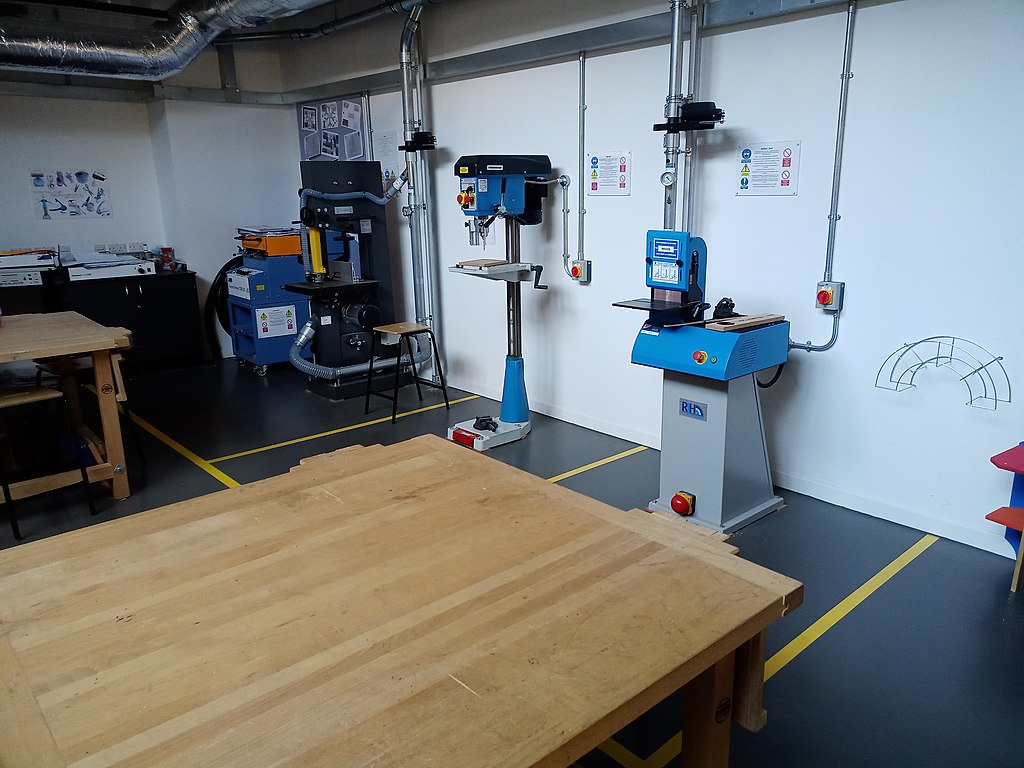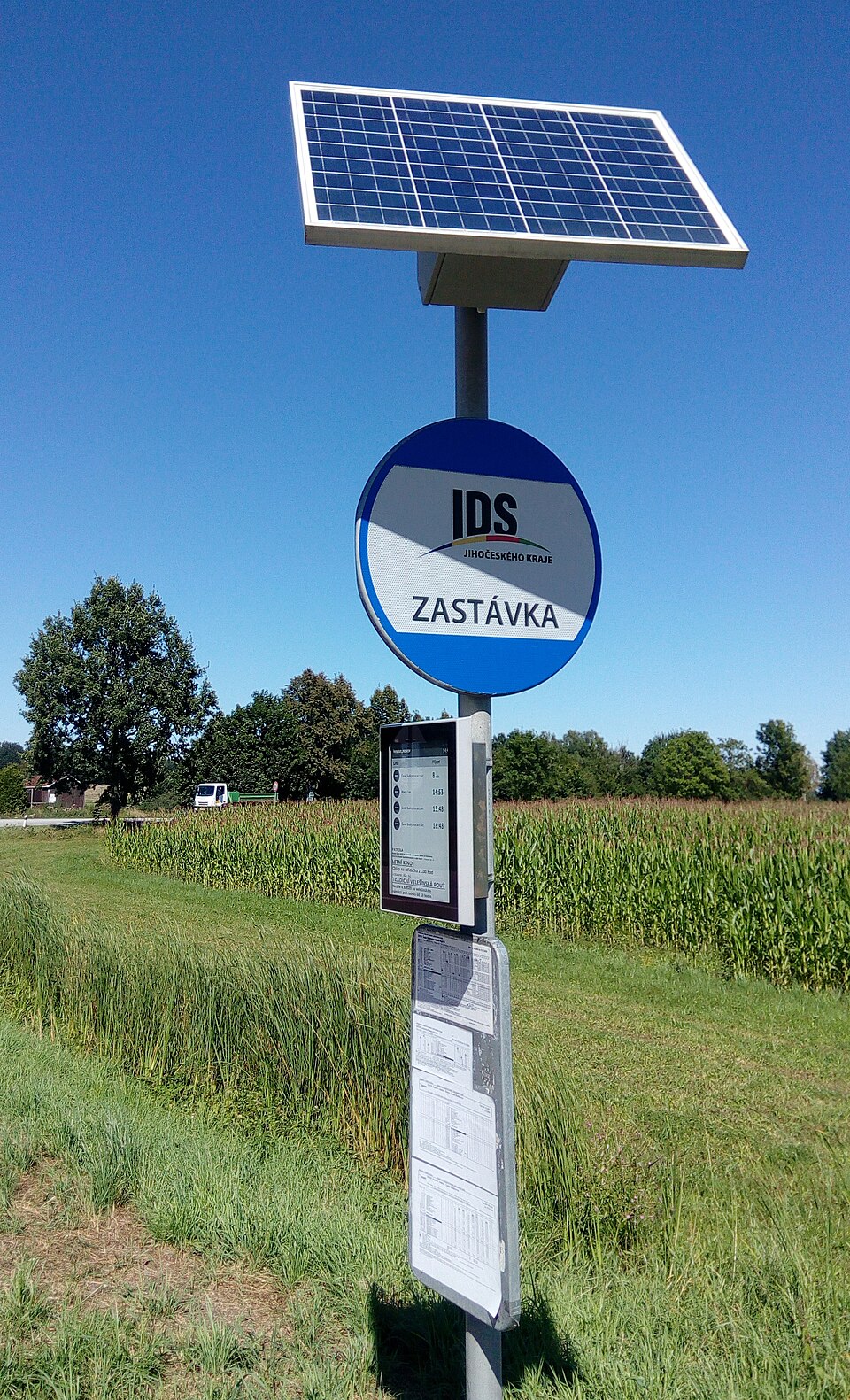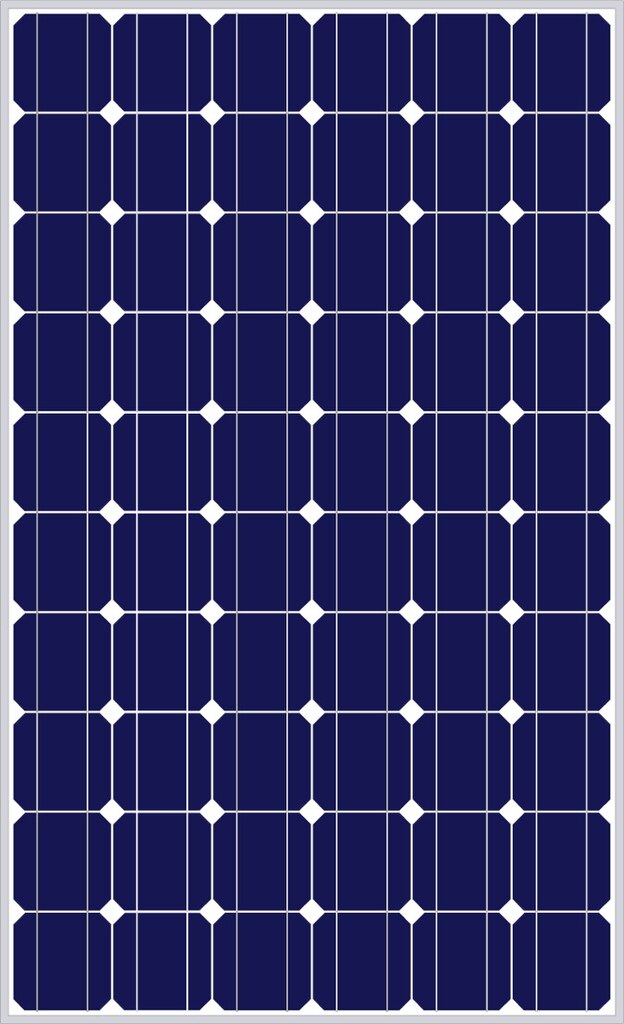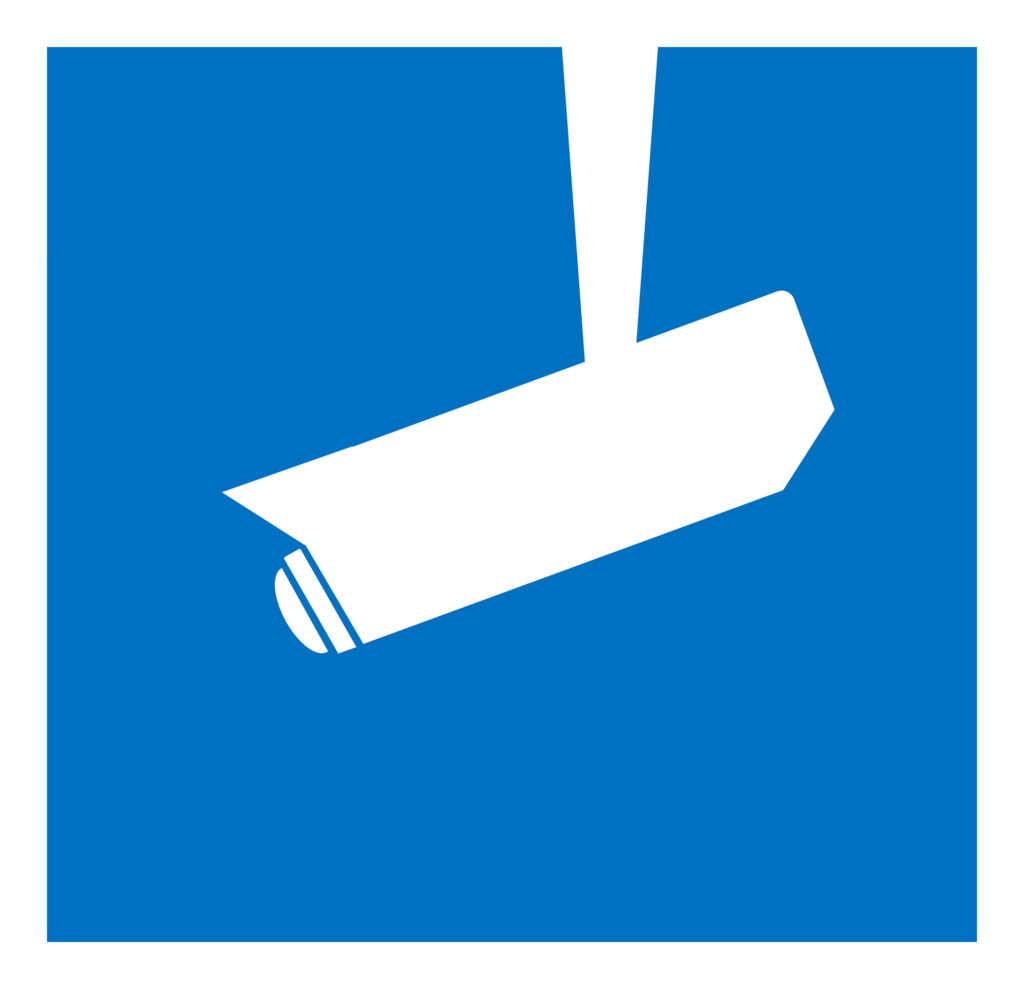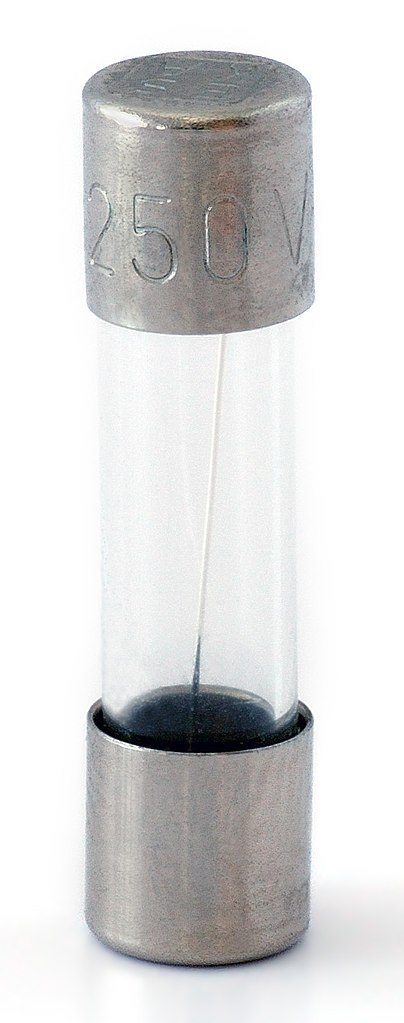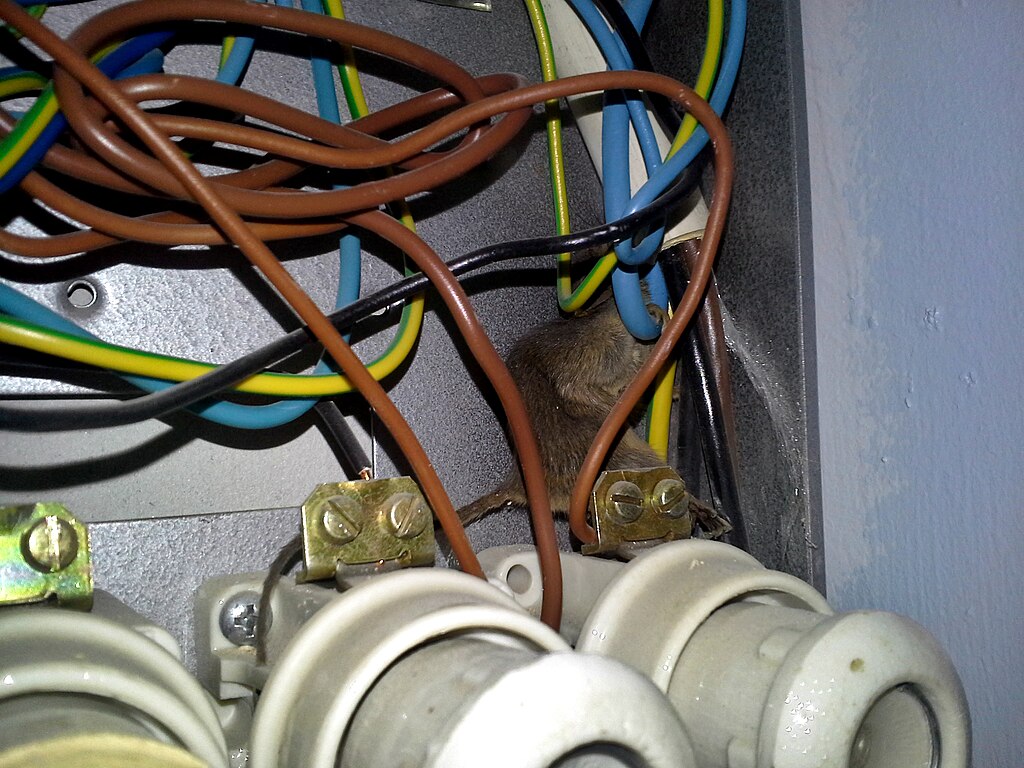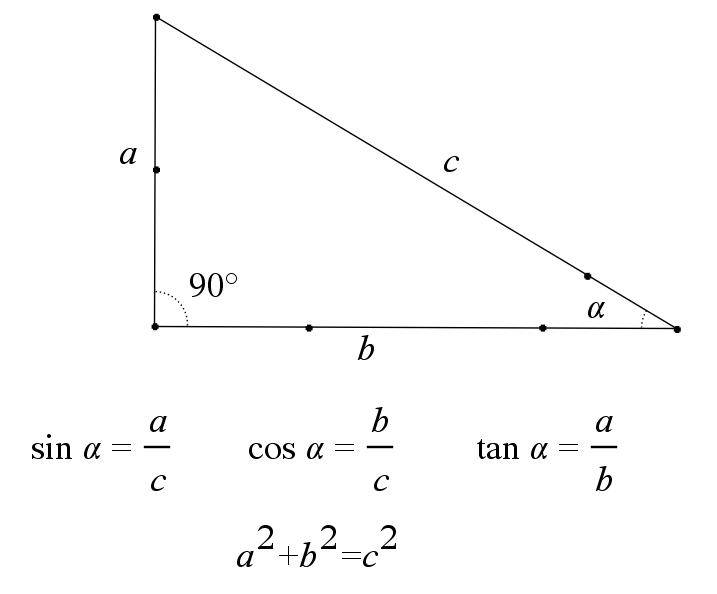-
Welcome to your

Now, you are in control!
Moodle is an open-source Learning Management System (LMS) that provides educators with the tools and features to create and manage online courses. It allows educators to organize course materials, create quizzes and assignments, host discussion forums, and track student progress. Moodle is highly flexible and can be customized to meet the specific needs of different institutions and learning environments.
Moodle supports both synchronous and asynchronous learning environments, enabling educators to host live webinars, video conferences, and chat sessions, as well as providing a variety of tools that support self-paced learning, including videos, interactive quizzes, and discussion forums. The platform also integrates with other tools and systems, such as Google Apps and plagiarism detection software, to provide a seamless learning experience.
Moodle is widely used in educational institutions, including universities, K-12 schools, and corporate training programs. It is well-suited to online and blended learning environments and distance education programs. Additionally, Moodle's accessibility features make it a popular choice for learners with disabilities, ensuring that courses are inclusive and accessible to all learners.
The Moodle community is an active group of users, developers, and educators who contribute to the platform's development and improvement. The community provides support, resources, and documentation for users, as well as a forum for sharing ideas and best practices. Moodle releases regular updates and improvements, ensuring that the platform remains up-to-date with the latest technologies and best practices.
Links of interest:
(You can edit or remove this text)
Available courses

This unit refers to the practice of initiating, planning, executing, controlling and closing
the work of a team of Electricians/Engineers to achieve specified goals within a
specified duration. Electrical project management involves preparation of work plans
and policies, managing project team, managing materials, tools and equipment. Other
areas included are: Managing project budget, Supervising and assessing project
implementation, preparing project reports and commissioning.
The trainee should have competencies in preparing a project plan, project budget and
write project logistics. The resources required are Finance, personnel, materials, tools,
consultancy services, building and storage facilities. The safety of the training is vital.
The right tools should be used for the right job. Personal protective equipment should
be provided. The trainee is subjected to holistic assessment with other units relevant to
his area of specialization.
- Teacher: Admin User
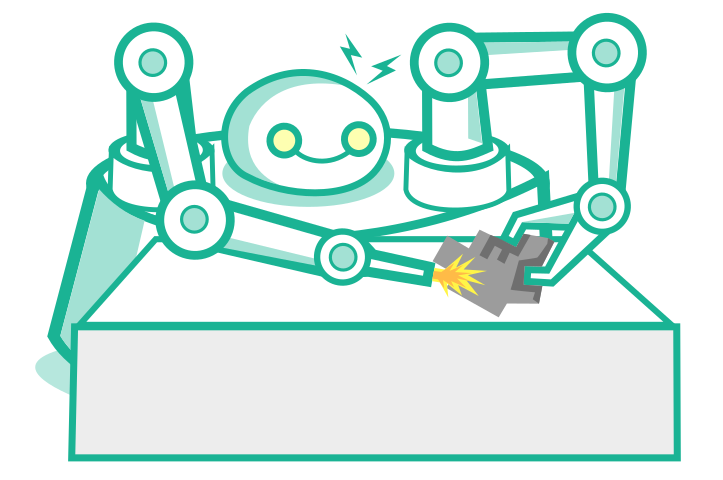
This unit covers the competencies required to automate an electrical machine. Competencies includes an automation system design, components mountings, programming of an automation system, simulation of an automation system and test running of an automation system. Automation involves robotics, expert system, telemetry, cyber security, wireless applications, measurement and controls among others. This involves the use of programmable logic controllers, microcontrollers and programming.
The trainee should demonstrate the competencies required to design, mount, program automate and test run the system as per the design provided. The resources required to implement this unit of competence include but not limited to, Multimeter, Wattmeter, Insulation resistance tester, Loop impedance tester, Frequency meter, Tachometer, Scientific calculators, drawing tools, Laptops, Measuring tools, Switches,
Microcontrollers, Programmable logic controls, source of A.C. power, and D.C. power. The trainee should also have the competencies in regard to work place health and safety, by observing the regulations as stipulated in the OSHA act.
- Teacher: Admin User
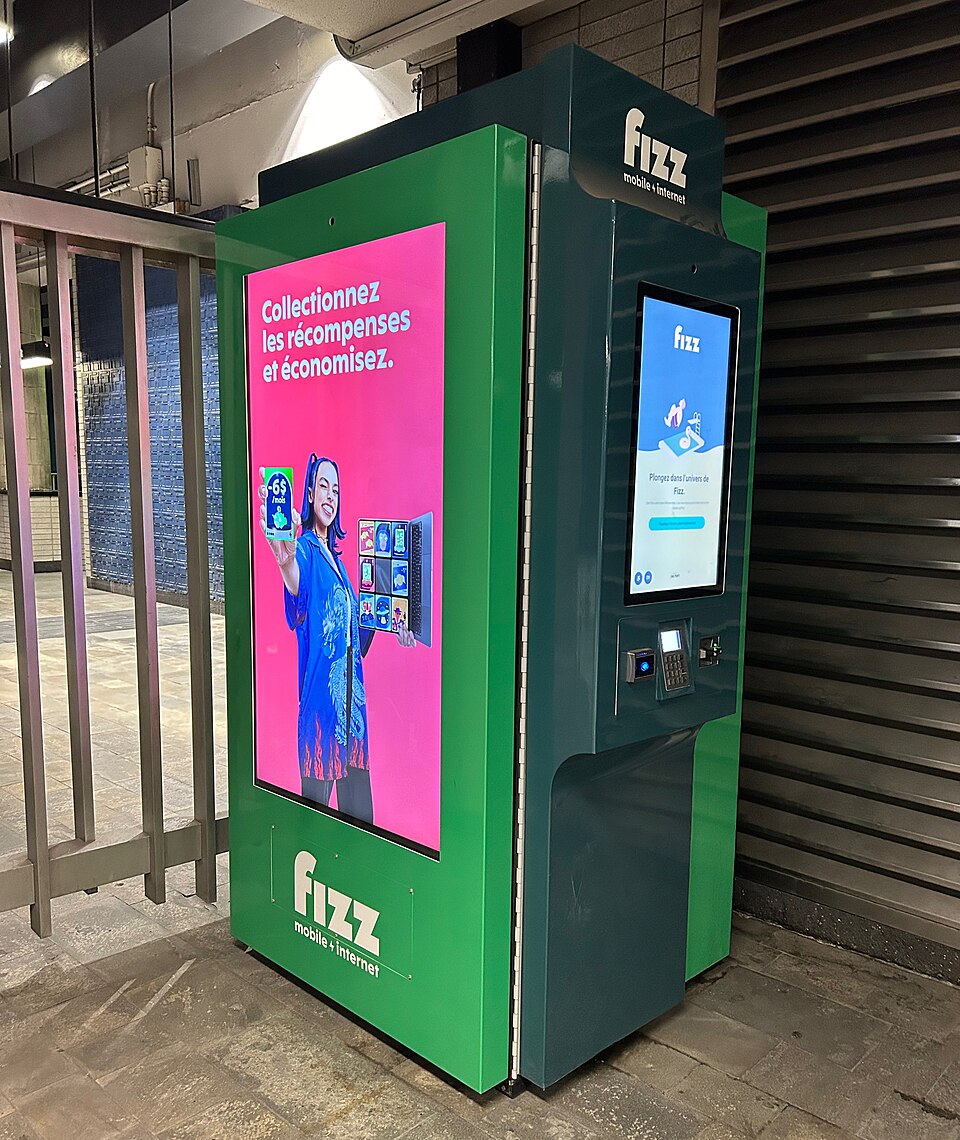
Electrical machines are used in industrial processes for manufacturing purposes. Proper installation of machine is important to achieve high performance with less breakdown.
This unit is designed to equip the trainee with the necessary knowledge, skills and attitude to understand Electrical machine installation. Competencies in this unit include Observe safety, Electrical machines design, mounting of Electrical machines, mounting of Electrical control panels , Laying of machine cables , Termination of electrical machine installation and testing of electrical machine installation
- Teacher: Admin User

The training of this course unit attracts the skills on the transmission of produce power to the premises of the consumers from the power station. Use of designed and mounted transmission line, adequate amount of power is transmitted to the consumers from the generating stations. Hence the trainee will design and mount the transmission line. The high voltage usage minimizes voltage drop in the line, resistance and reactance and losses during the transmission. 132 kV or 220 kV or 400 kV or 765 kV are among the standard transmission voltages transmitted along the transmission lines are. Therefore, a step-up transformer is required to step up the generated voltage with the aid of erected transmission lines supports at consistent intervals and transmission towers. The line of transmission terminates in a substation where the distribution starts and the distribution lines terminates at load centers.
The trainee will be able to erect the line supports and terminate the cables at different points in the transmission line. The transmission and distribution system are inspected and tested at every stage. While the current’s magnitude determines the cost of copper, voltage determines insulator’s cost. At load centers voltage levels are stepped down at appropriate values for supply to various consumers. Examples of consumers include both big and medium industries, offices and domestic consumers. Consumers purchase electricity at specific voltage level. For instance, big industries may purchase 132 kV while domestic consumers at lower voltage of 230V, single phase. Therefore, 400 kV transmission voltages should be stepped down before transmitting power to different consumers with the aid of a step-down transformers. Therefore, finally the trainee will inspect and test the transmission lines (Version 2 EE IIT, Kharagpur).
- Teacher: Admin User
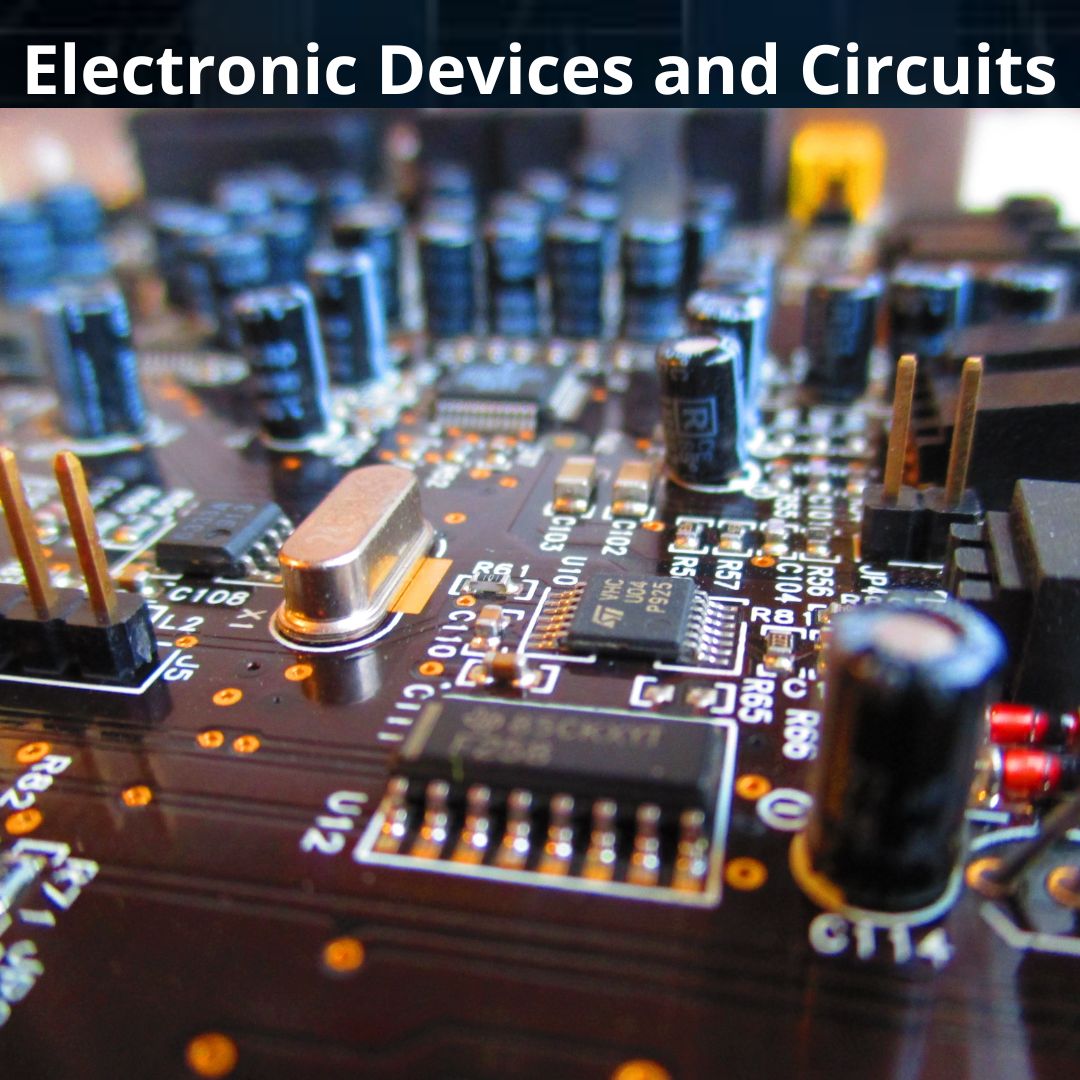
This course provides a comprehensive introduction to electronic devices and circuits, covering fundamental semiconductor principles, the characteristics and applications of diodes, bipolar junction transistors (BJTs), and field-effect transistors (FETs), as well as various amplifier configurations and their analysis.

This course provides a comprehensive introduction to electronic devices and circuits, covering fundamental semiconductor principles, the characteristics and applications of diodes, bipolar junction transistors (BJTs), and field-effect transistors (FETs), as well as various amplifier configurations and their analysis.
- Teacher: Admin User

This course introduces the students to the sources, challenges and opportunities of renewable energy in Kenya. It covers the basics of geothermal, hydro, wind and solar energy, as well as the policies, regulations and incentives that govern the renewable energy sector. The course also explores the environmental, social and economic impacts of renewable energy development and use in Kenya, as well as the potential for innovation and entrepreneurship in this field.
- Teacher: Admin User

- Teacher: Admin User
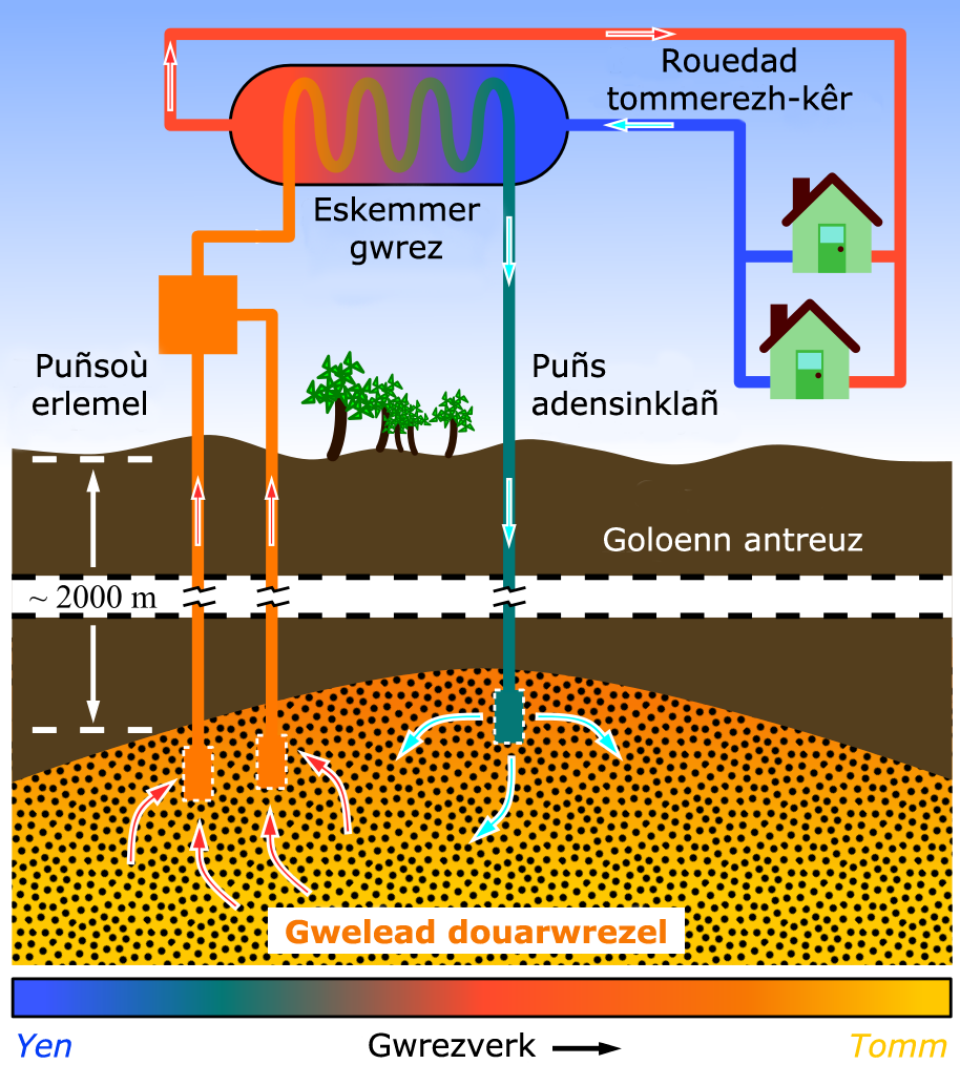
- Teacher: Admin User
- Teacher: Admin User
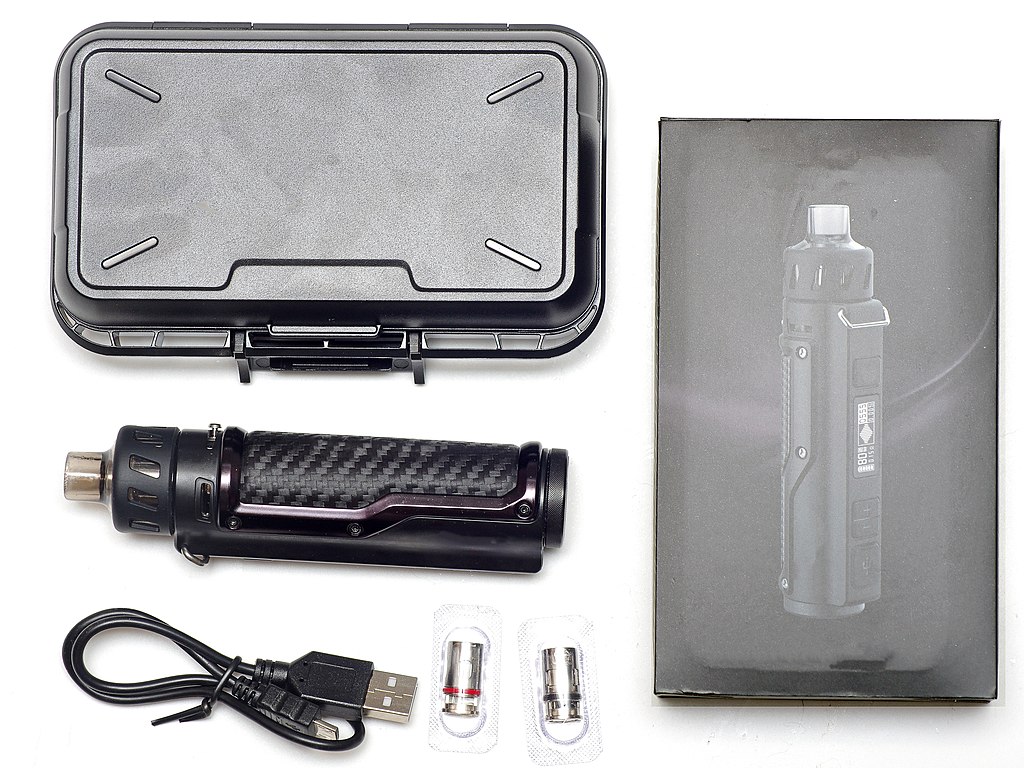
- Teacher: Admin User

- Teacher: Admin User
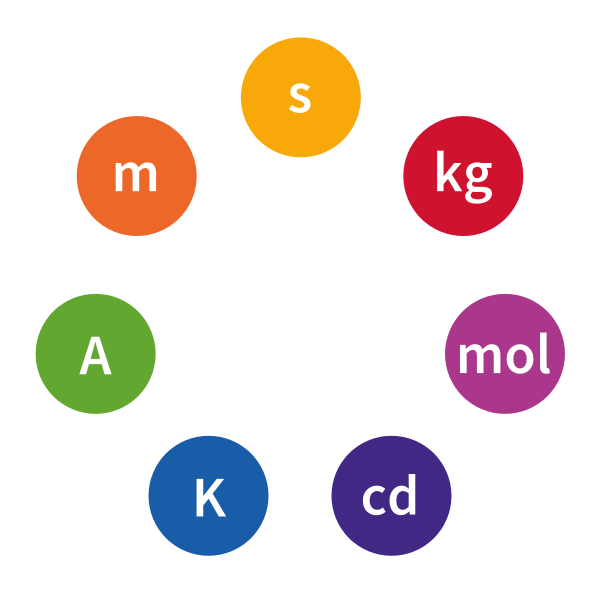
- Teacher: Admin User

- Teacher: Admin User
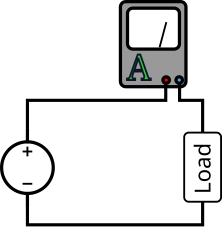
- Teacher: Admin User

This unit covers the competencies required to perform workshop processes. Competencies include applying workshop Safety, use of workshop tools, instruments and equipments, preparation of workshop materials, preparation of workshop for Electrical installation practicals, Storage of Electrical tools and materials after practicals, troubleshoot and repair workshop tools and equipment
- Teacher: Samuel Maina
- Teacher: Admin User

This unit covers the competencies required to install solar system. Competencies includes; designing solar system installation, fixing solar system components, mounting solar panel, laying cables, terminating electrical and testing of a solar installation system.
- Teacher: Admin User
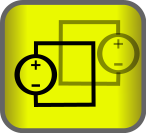
This unit describes the competencies a technician requires to apply a wide range of electrical principles in their work. This includes; the use of the concept of basic electrical quantities, the use of the concepts of D.C and A.C circuits in electrical installation, the use of basic electrical machines, the use of power factor in electrical installation, the use of earthing in electrical installations, apply lightning protection measures, apply electromagnetic field theory, apply electrodynamics, apply energy and momentum in electromagnetic field, apply transient in electrical circuit analysis, use two port network, demonstrate understanding of refrigeration and air conditioning.
- Teacher: Samuel Maina
- Teacher: Admin User
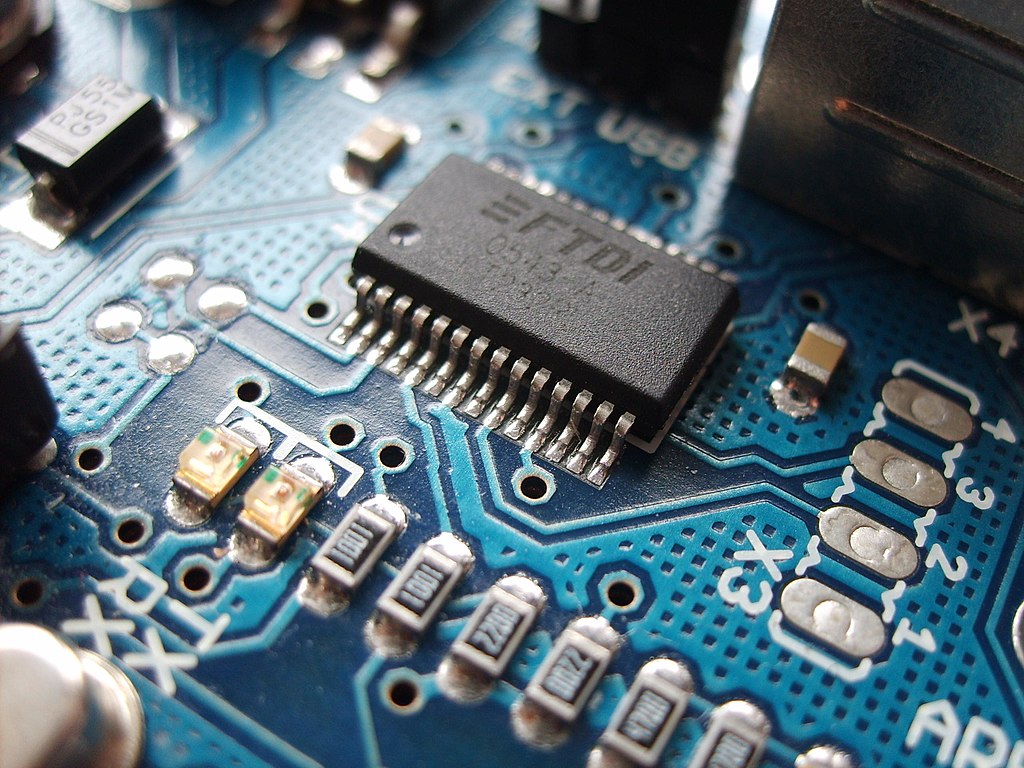
This unit covers the competencies required to demonstrate understanding of Electronics. Competencies includes; Apply semiconductor theory, applying semiconductor diodes, demonstrating understanding of transistors, applying special semiconductor devices, Performing rectification, applying amplifiers, demonstrating understanding of oscillators, applying wave shaping and pulse generation circuit and application of Opto-electronics.
- Teacher: Admin User
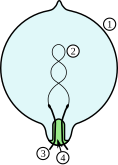
📅 Duration: 12 weeks
⏳ Sessions: 4 hours per week (48 hours total)
🎯 Target Audience: Beginners, DIY enthusiasts, or trainees seeking entry-level electrical skills
🔧 Delivery: Practical-focused with necessary theory
- Teacher: Admin User

Welcome to Soccer Aid, a dynamic and engaging course designed to nurture your passion for soccer, whether you're a young aspiring player or an adult looking to refine your skills. This course combines foundational soccer techniques, advanced gameplay strategies, and holistic development to help you thrive both on and off the pitch.
You’ll explore:
- Ball control, passing, and finishing techniques.
- Team coordination and visionary play.
- Defensive and offensive tactics.
- Goalkeeping skills and physical endurance.
- Life skills, teamwork, and basic first aid.
Join us to grow your confidence, skills, and understanding of soccer in a fun, inclusive, and supportive environment. Let’s kick-start your journey to soccer excellence!
- Teacher: Admin User

